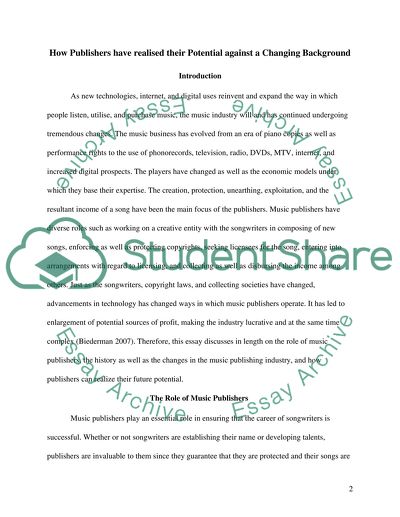Cite this document
(“Music Contract Negotiations and Publishing Essay”, n.d.)
Retrieved from https://studentshare.org/music/1673586-music-contract-negotiations-and-publishing
Retrieved from https://studentshare.org/music/1673586-music-contract-negotiations-and-publishing
(Music Contract Negotiations and Publishing Essay)
https://studentshare.org/music/1673586-music-contract-negotiations-and-publishing.
https://studentshare.org/music/1673586-music-contract-negotiations-and-publishing.
“Music Contract Negotiations and Publishing Essay”, n.d. https://studentshare.org/music/1673586-music-contract-negotiations-and-publishing.


